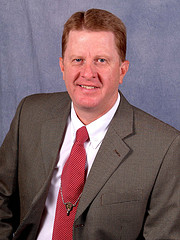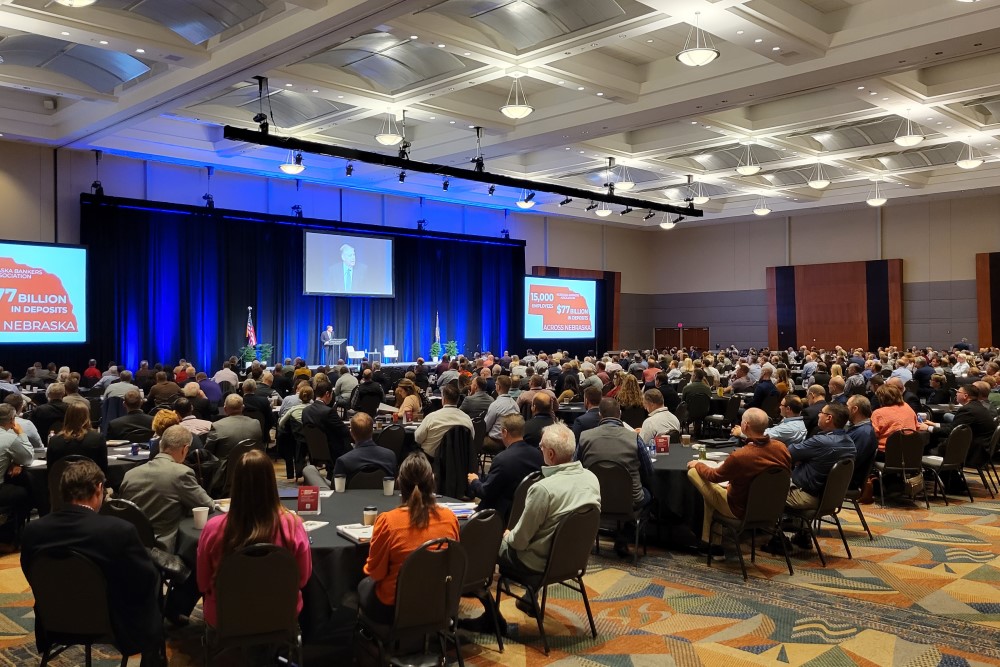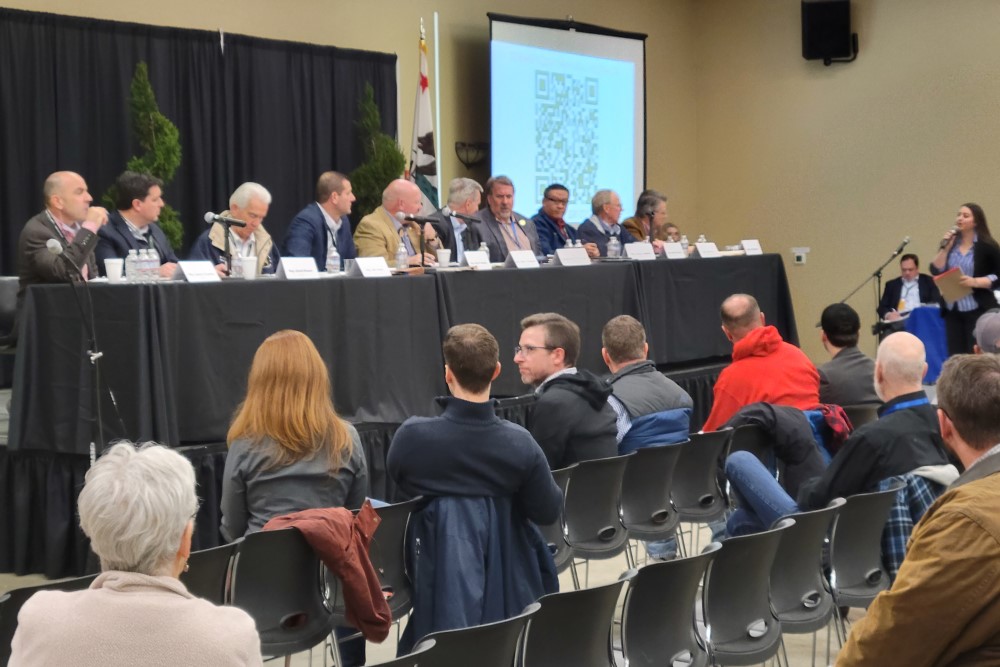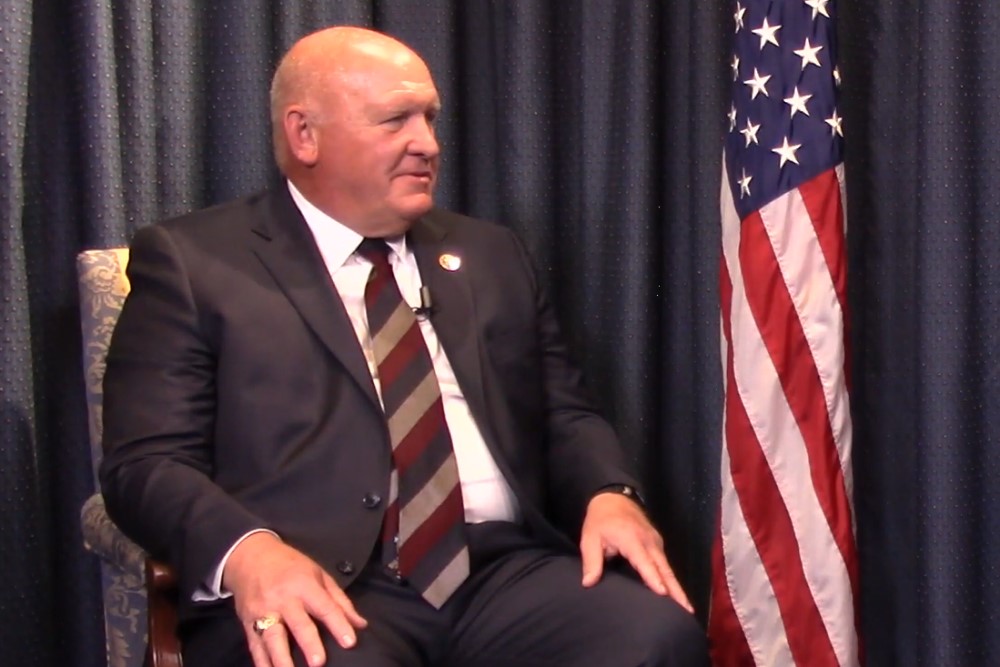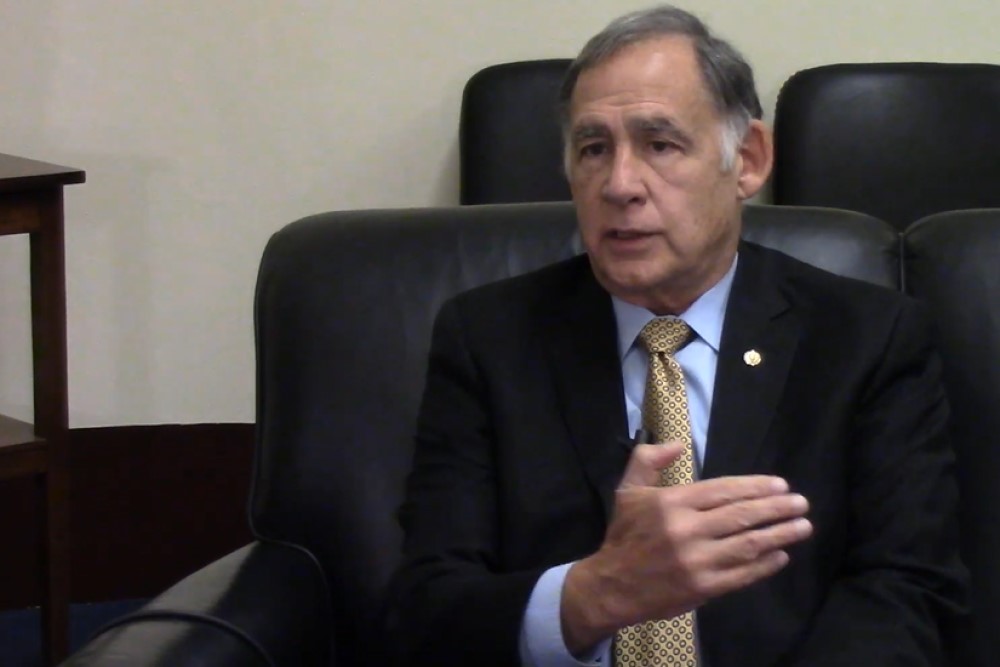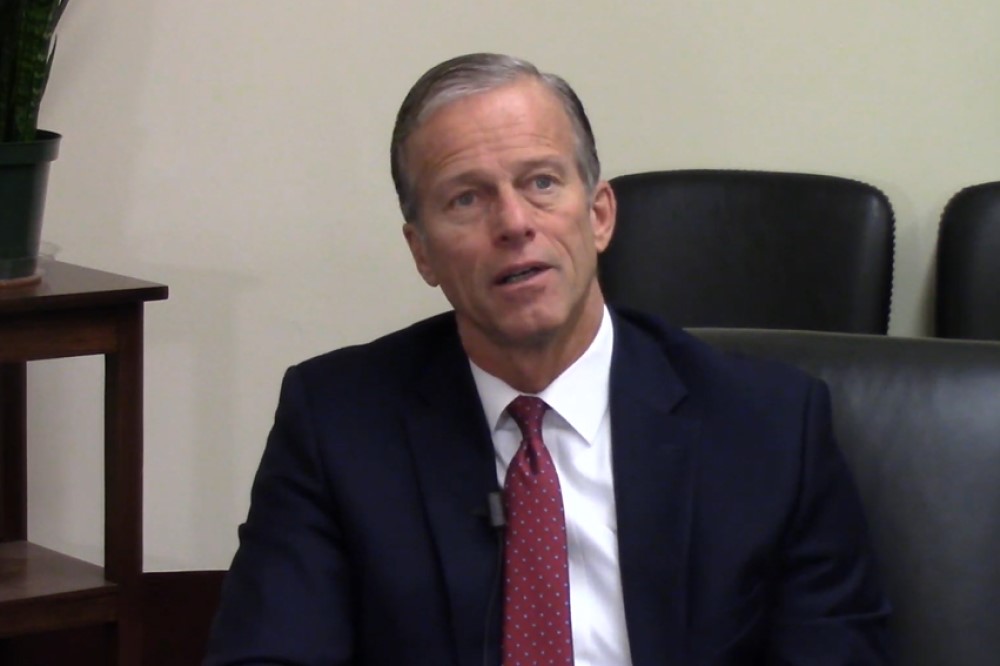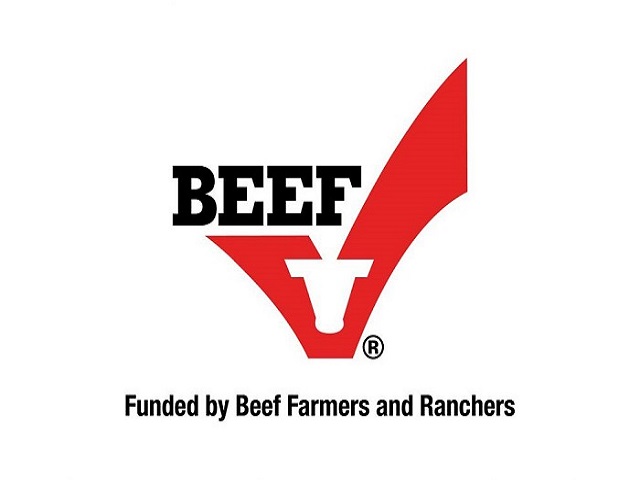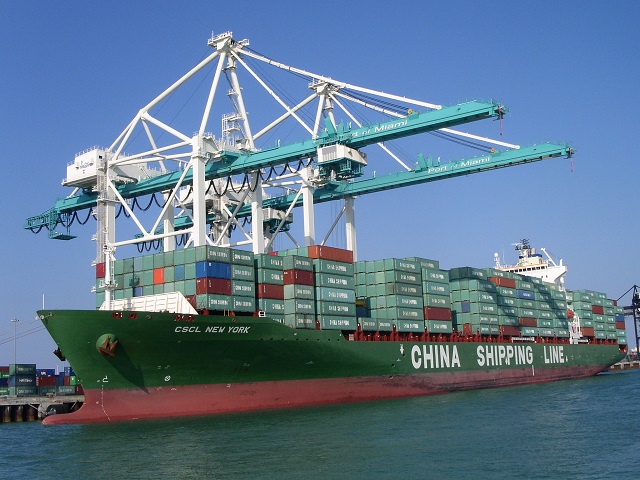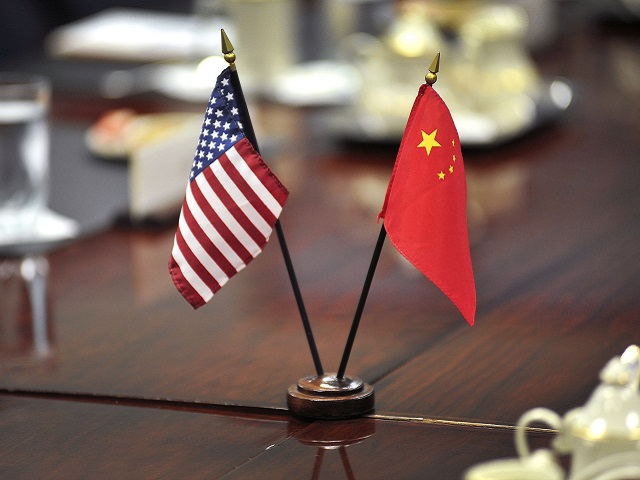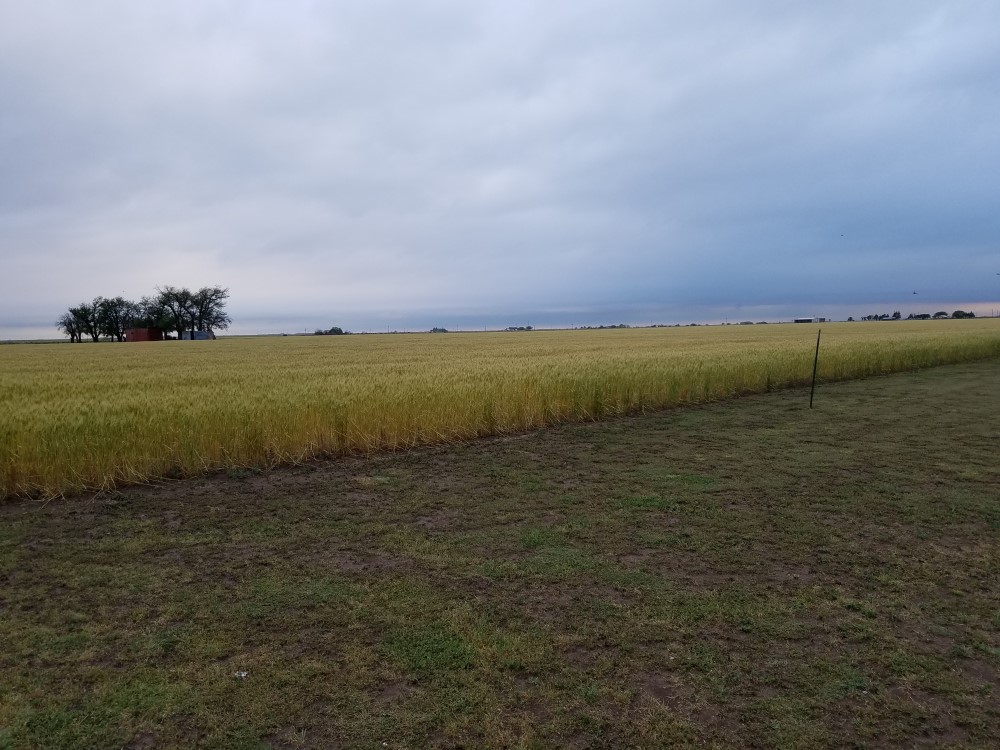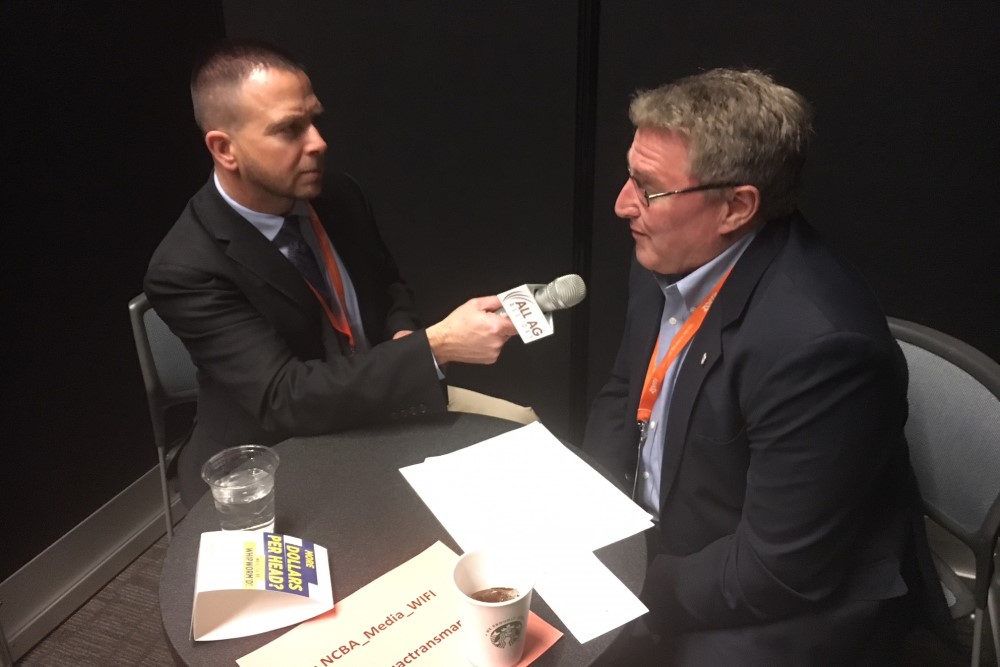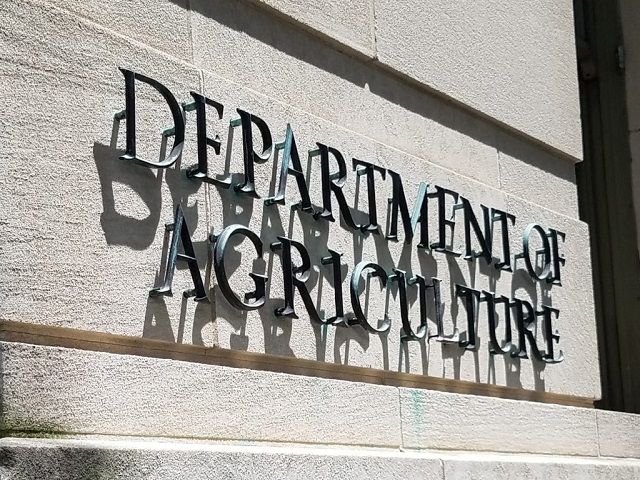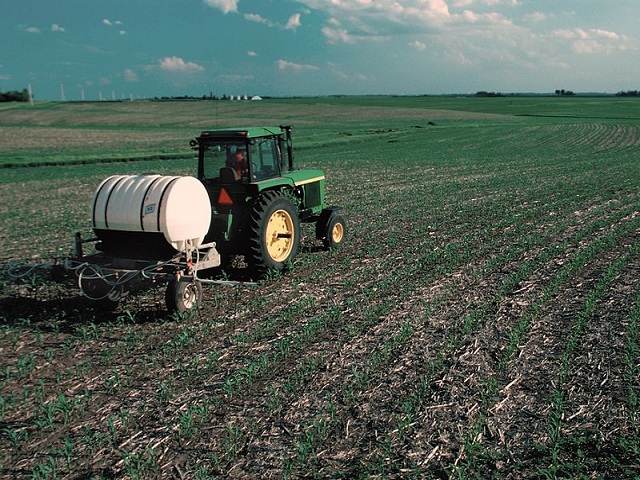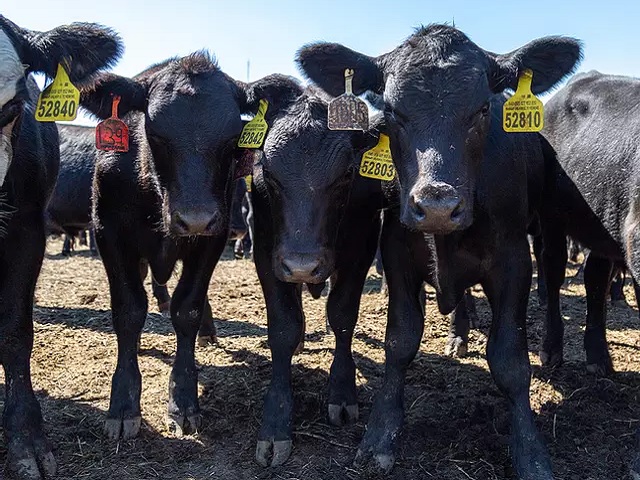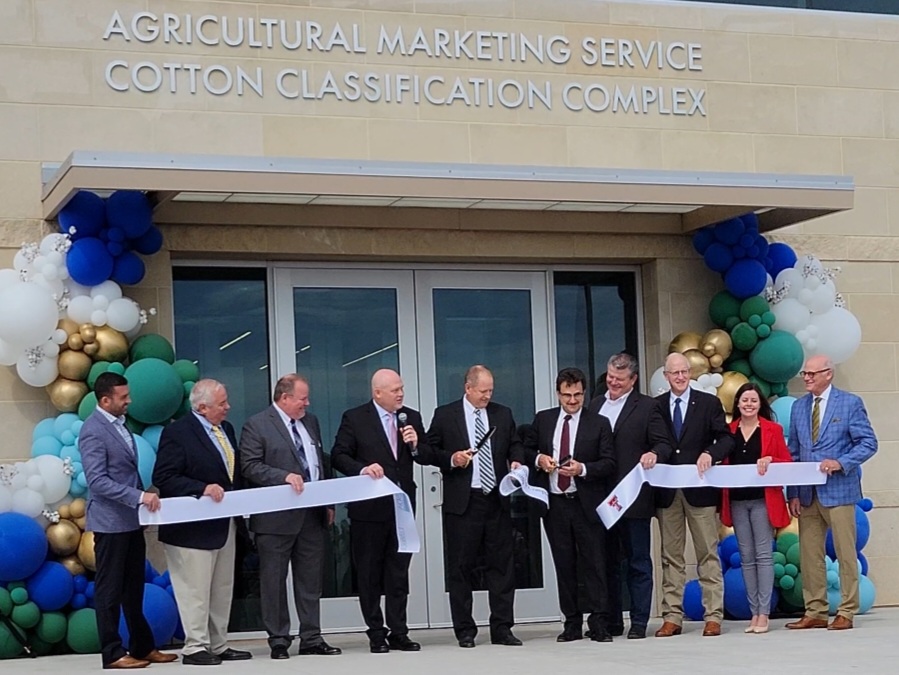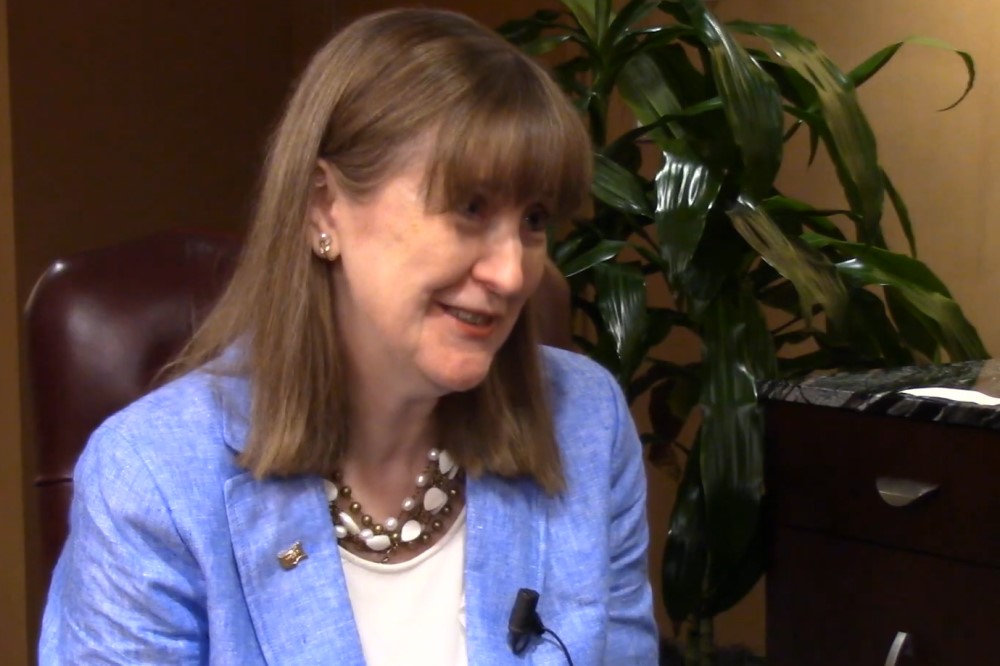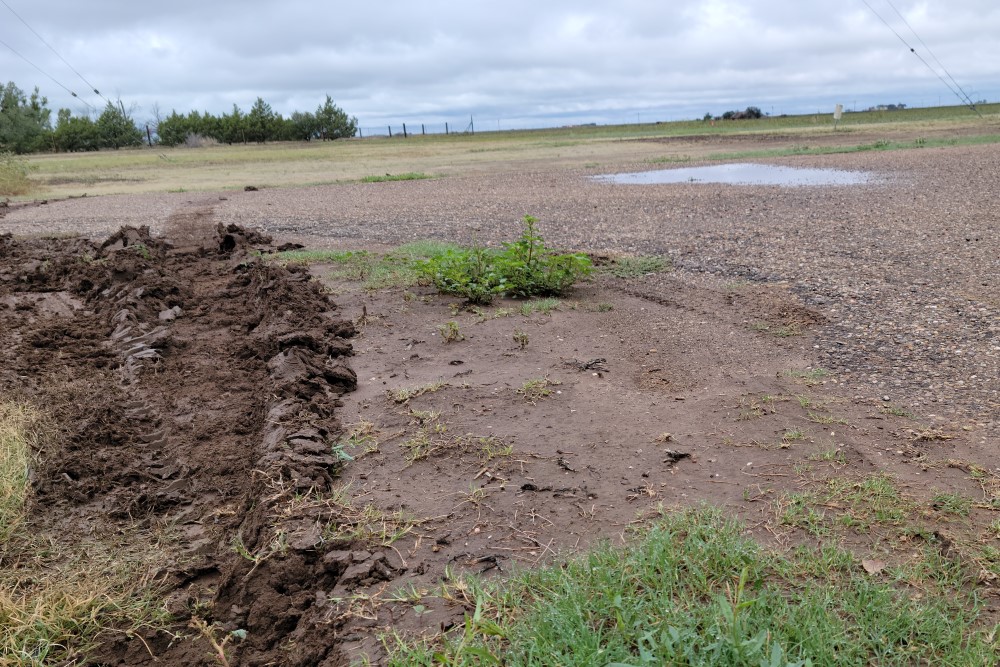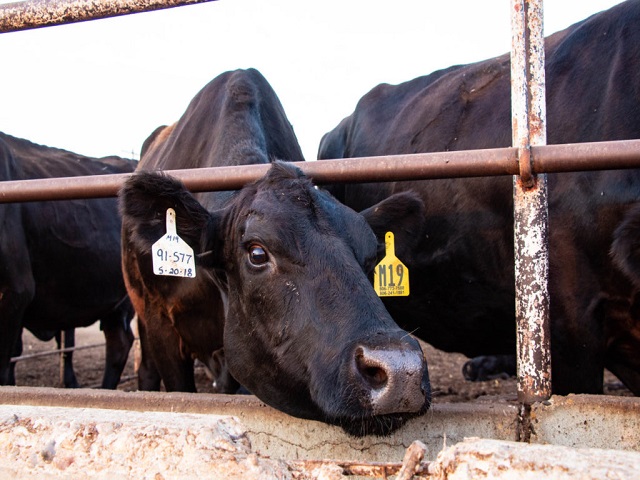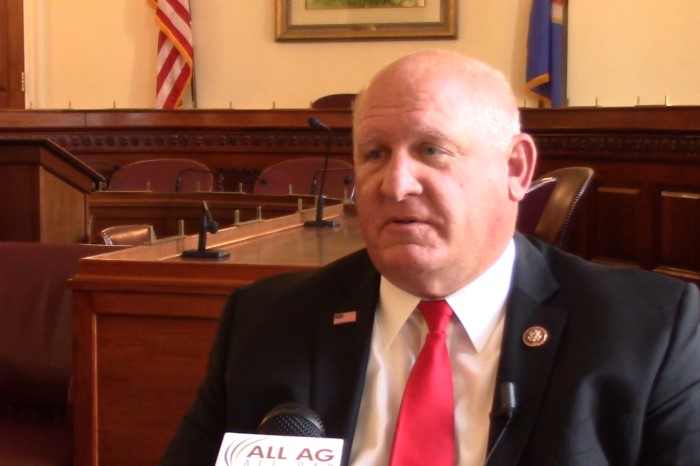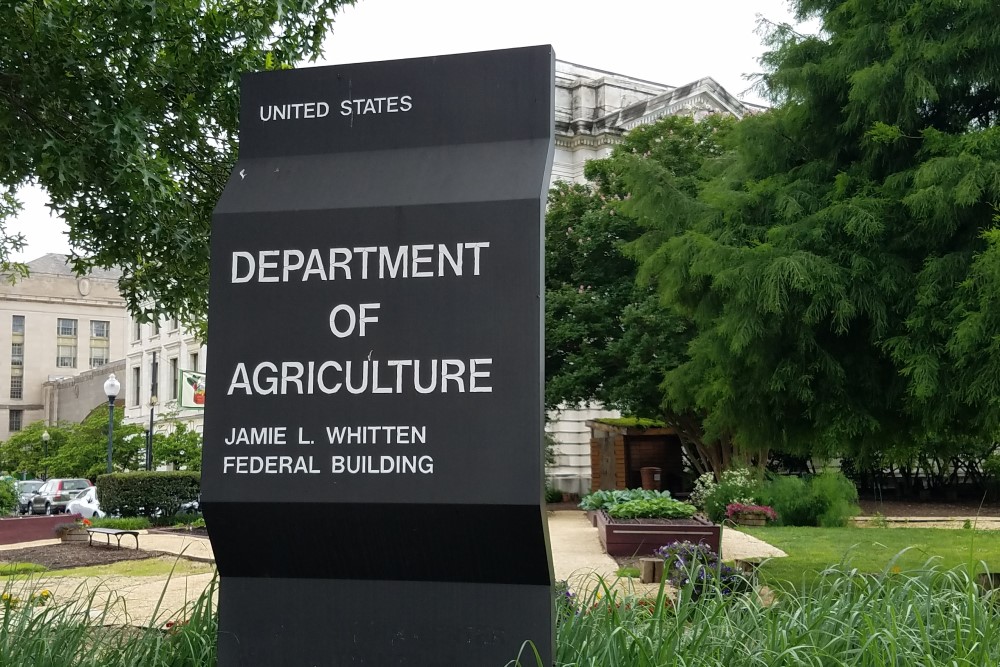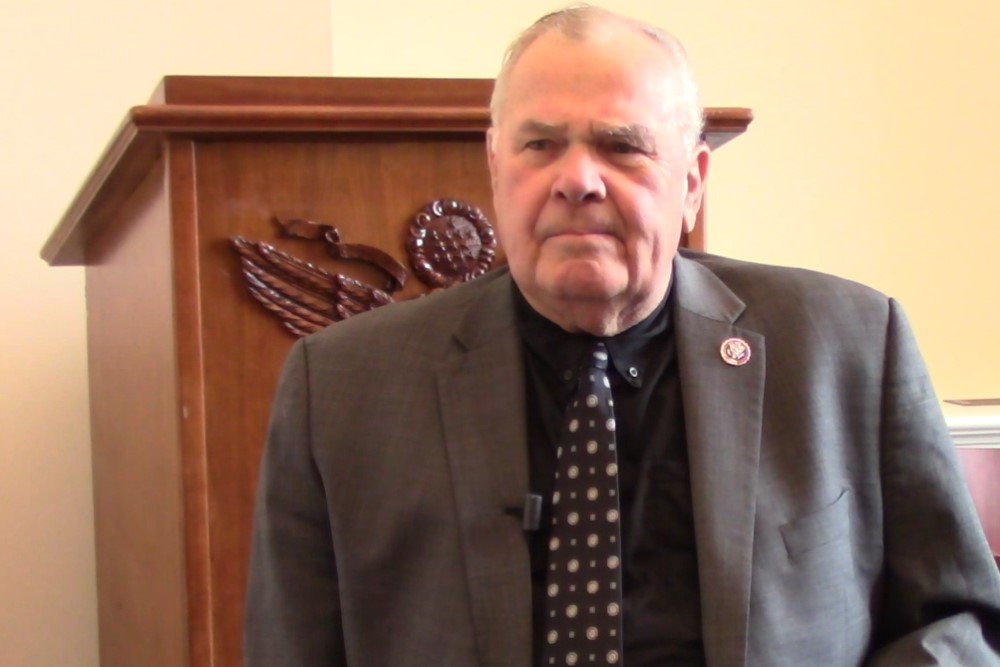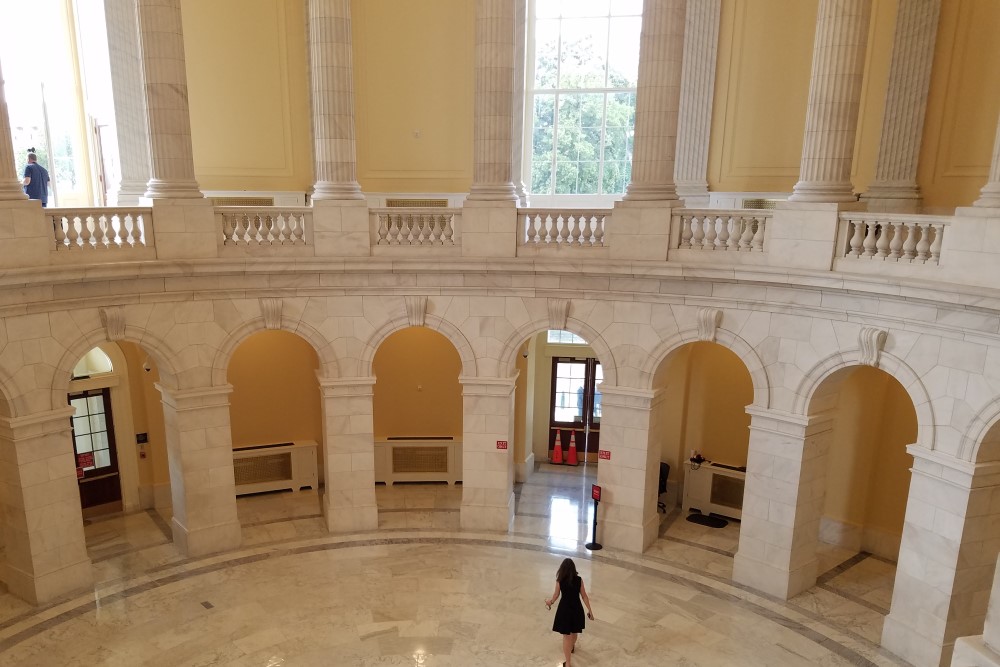EVENT: 2017 USGC 57th Annual Board of Delegates Meeting
Highlights from the recent 2017 U.S. Grains Council’s (USGC) 57th Annual Board of Delegates Meeting in Vancouver, WA (July 31st – August 2nd, 2017).
Experts on the year’s most pressing topic for U.S. agriculture – trade – stirred the thoughts of delegates. “Every farmer needs to work to be a foreign policy expert as much as we are crop or market experts,” Chip Councell, USGC chairman and farmer from Maryland, told the delegation. “This meeting serves as part of an ongoing series of events and information that make up a ‘trade school’ meant to help you know as much as possible about these important topics.” 
The first of day of meetings in Vancouver focused on the critical role trade plays in the growth of U.S. agriculture.
Darci Vetter, former chief agricultural negotiator with the U.S. Trade Representative, gave a keynote emphasizing the need for all in agriculture to not only understand the current trade environment, but also communicate its importance on the local, state and national levels.
“All of you should consider yourselves ambassadors of trade,” Vetter said. “Recurring, persistent conversation about trade is what will turn the tide. We have to tell that story.”
The next two speakers discussed Frontier Asia and the current geopolitical environment. Yadong Liu, president of the China Energy Fund Committee, spoke on China’s increasing influence on global trade through the One Belt, One Road initiative. Dr. Stephen Haggard, director of the Korea-Pacific program at the University of California-San Diego, followed with an outline of developments in the Asia-Pacific region, focusing on the potential impacts of recent tensions with North Korea.
The morning general session concluded with a briefing from representatives from the Washington State Department of Agriculture on the important role commodity inspections play in keeping U.S. trade moving. The presentation preceded a moderated boat tour of local export infrastructure.
Through the next two days of meetings, discussions by Council members and delegates will continue to focus on the shifts in trade and trade policy discussions across commodities, sectors and countries around the world.
“Trade is in a time of change, and that makes the work of the Council more important than ever,” Councell said. “It is good to see these issues getting the attention they deserve. What we are talking about here is critical to our profitability.”
***To listen to the interviews, click on the Title (in red)***
Interviews from Vancouver, WA
- Cary Sifferath is Senior Director of Global Programs with the USGC in Washington, DC
- Kurt Shultz is Senior Director of Global Strategies with the USGC in Washington, DC
- Floyd Gaibler is Director of Trade Policy and Biotechnology with the USGC in Washington, DC
- Deb Keller is a corn producer from Clarion. IA and new Chairperson for the USGC
- Ryan LeGrand is the USGC’s Country Director for Mexico in Mexico City
Members and delegates also deliberated priorities and activities during meetings Tuesday of the organization’s Advisory Teams, commonly known as A-teams, as well as at a general session.
The plenary conversations explored how the Council can capture new demand, including that for ethanol in Mexico, as well as the role of the U.S. Department of Agriculture’s Foreign Market Development (FMD) program and Market Access Program (MAP) in helping the Council drive export growth. Delegates also heard details of the Council’s newly-released demand model, which seeks to understand long-term growth potential in global markets and inform USGC strategy.
“By its very nature, the Council’s work must look at today and far into tomorrow, managing the need to be responsive to market conditions now with seeking and developing robust markets for future years and future generations,” Deb Keller, USGC vice chairman, told delegates in the general session.
“The work our team in Washington has been doing to look at where demand will be over the next several decades is revealing – and offers important context for our discussions about trade policy, programs and how we manage this organization.”
USGC’s A-teams, comprised of subject matter experts, provide critical insight and guidance for the organization as well further encourage member participation in USGC export market development efforts.
The Council operates seven advisory teams focused on key regions – Asia, Western Hemisphere and the Middle East and Africa – and topics – ethanol, trade policy, value-added products and innovation and sustainability.
USGC delegates also met Tuesday in sector-specific groups, including for corn, barley and sorghum producers as well as agribusinesses and general farm organizations.
The Council will utilize the input gathered from these meetings to guide development of the Council’s operational blueprint and strategic planning.
“Our program today focused on the changing environment of trade that affects the Council’s daily work,” Keller said. “Our speakers updated our delegates on issues that affect the cornerstones of our work and, in turn, our teams discussed how to more effectively carry out programs and support our offices overseas.”
Meetings in Vancouver will continue on Wednesday with business meetings of the full USGC Board of Delegates and Board of Directors as well as election of new Council Board of Directors members.



